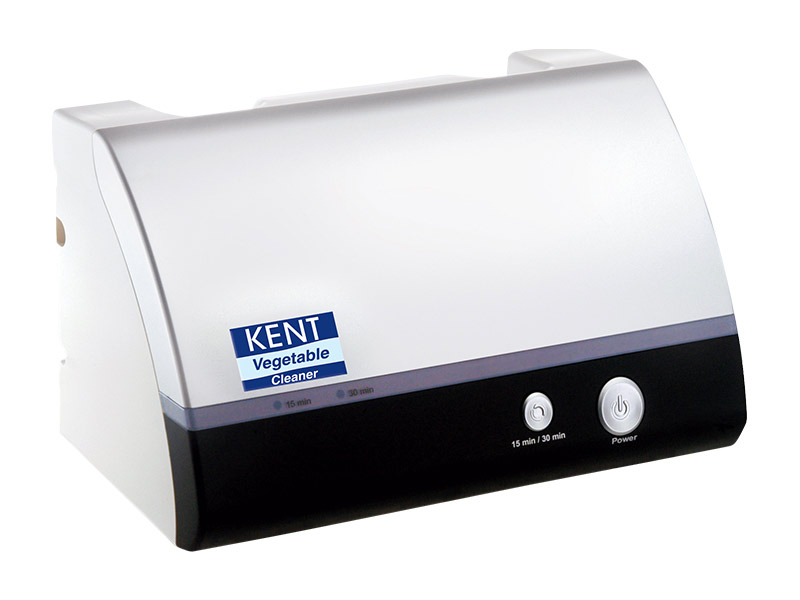Should you wash all fresh fruits and vegetables before eating them or cooking them? Even the organic ones? Simply put – Yes.
Our produce gets contaminated in many ways, from pesticides and microorganisms in the soil, to the germs from operational activities such as handling. Such contamination can have adverse health effects and also be detrimental to our day to day living. Several beliefs are surrounding the practice of washing fruits and vegetables – some absurd and some reasonable. Let’s look at the myths surrounding the same.
Here are 5 myths about washing fruits and vegetables
Myth 1 – Rinsing fruits and vegetables is enough
No, it is not. Rinsing does not make fruits and vegetables safe for consumption. With the extreme pollution levels, the increased use of pesticides, contamination of vegetables and fruits is completely apparent. Washing fruits and vegetables is not sufficient, though it does reduce the risk of food poisoning, it is not the best practice if you want to protect your family from health hazards. By using a vegetable washer, you eliminate the risk associated with the contamination. The appliance purifies and cleans vegetables and fruits by exposing them to ozone dissolved in water. This process thoroughly cleans the produce and makes it safe for the consumption. Ozone, unlike other chemicals, will not damage the vitality but it will kill all the microbes present on the surface of the produce. Vegetable Cleaners from renowned brands such as KENT use ozone disinfection technology and has over 200mg/hour of ozone output which will kill 99.9% of germs present on the surface of the produce.
Myth 2 – There’s no need to wash organic produce
It is true that organic farms go lengths to keep their produce safe and free from pesticides. However, the handling of organic produce is no different. Their journey from the farm where they are grown to your local supermarket shelf can lead to contamination. It is imperative to use a vegetable washer even if you buy organic fruits and vegetables.
Myth 3 – Peel all fruits and vegetables before washing
Not every fruit or vegetable needs to be peeled. Seldom a fruit or vegetable’s skin is rich in nutrients. An unpeeled apple has nearly double the fiber, long ttime vitamin A and potassium than an apple which is peeled. The potato skin contains 20 percent of the vegetable’s nutrients, including vitamin B and fiber, so think before you peel it off. If you are concerned about pesticides which are often heavily sprayed, use a vegetable cleaner to eliminate the contamination.
Myth 4 –Wash the produce as soon as you get it home
No, you should wash them before cooking. Bacteria can grow while you store your fruits and vegetables in the refrigerator. Washing or rinsing the produce before you store them can spoil them faster. If the fruits and vegetables are dirty or soil on it, use a wet towel to clean them and dry them before storing.
Myth 5 – There’s no need to wash bagged produce
Bagged spinach or lettuce, for example, are usually given a commercial wash in chlorine water before they are packed. So yes, there’s usually no need to wash the bagged produce. However, in rare cases where you have exposed the produce after taking it a long time from the package, you might need to give them a wash.
It is always a promising idea to wash all your fruits and vegetables just to be safe and secure. Currently, the use of pesticides has increased significantly; a vegetable washer becomes a necessity for people who are concerned about what they are eating. It eliminates the risk of being exposed to hazardous chemicals. Remember, prevention is better than cure.

Leave a Reply